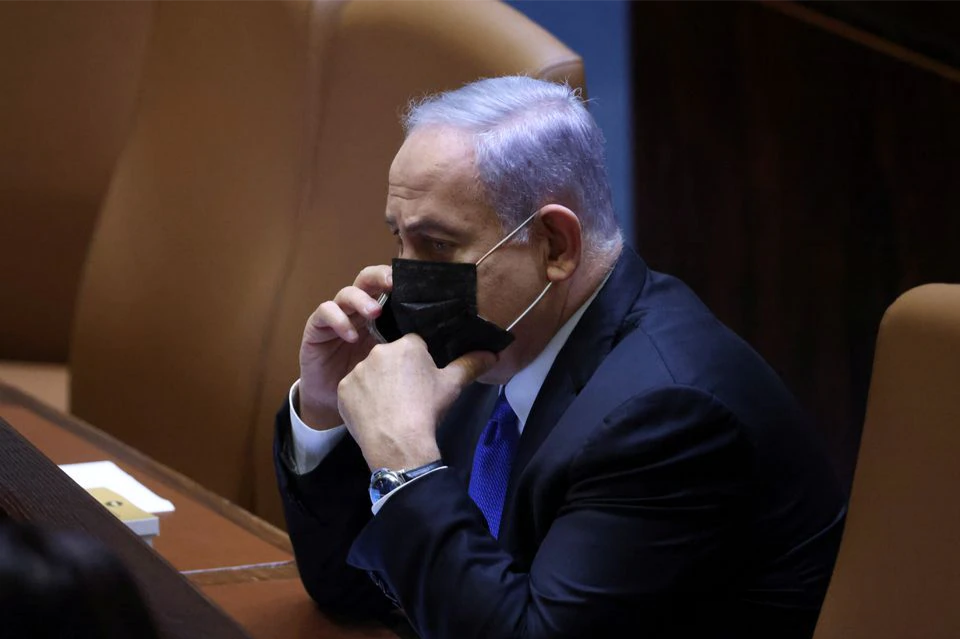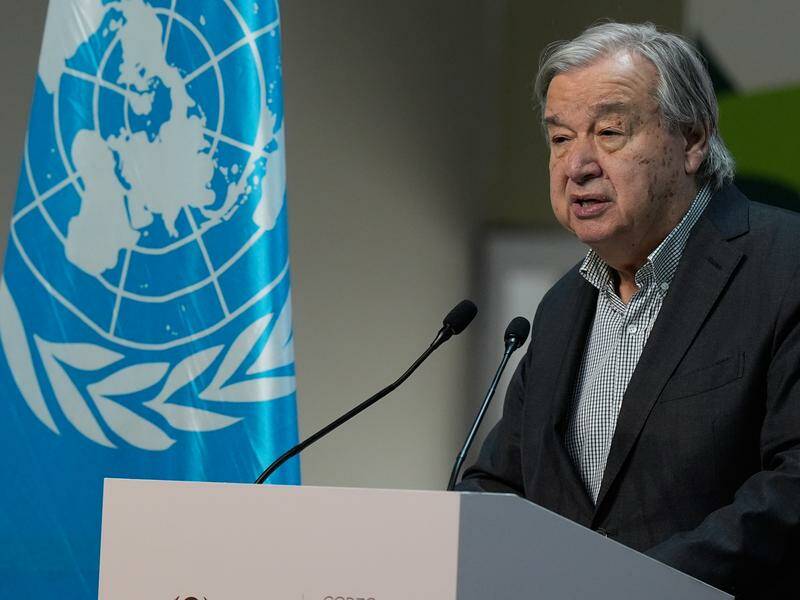Israeli Prime Minister Benjamin Netanyahu has fought back against an agreement by his political opponents for aiming at unseating him.
Netanyahu’s opponents on Thursday pushed for a quick parliament vote to formally end his lengthy rule. The latest political maneuvering began just hours after opposition leader Yair Lapid and his main coalition partner, Naftali Bennett, declared they had reached a deal to form a new government and muster a majority in the 120-member parliament, or Knesset.
“All members of Knesset who were elected with right-wing votes need to oppose this dangerous leftist government,” Netanyahu wrote on Twitter, signaling that he will continue to exert pressure on former ideological allies who joined the Lapid-Bennett coalition.
The anti-Netanyahu bloc announced the coalition deal at midnight Wednesday. The agreement triggered a complex process that is likely to stretch over the next week. The coalition also commands a razor-thin majority of 61 votes in parliament.
Under the coalition agreement, Lapid and Bennett will split the job of prime minister in a rotation. Bennett, a former ally of Netanyahu, is set to serve the first two years, while Lapid is to serve the final two years.
Netanyahu’s opponents on Thursday pushed for a quick parliament vote to formally end his lengthy rule. The latest political maneuvering began just hours after opposition leader Yair Lapid and his main coalition partner, Naftali Bennett, declared they had reached a deal to form a new government and muster a majority in the 120-member parliament, or Knesset.
“All members of Knesset who were elected with right-wing votes need to oppose this dangerous leftist government,” Netanyahu wrote on Twitter, signaling that he will continue to exert pressure on former ideological allies who joined the Lapid-Bennett coalition.
The anti-Netanyahu bloc announced the coalition deal at midnight Wednesday. The agreement triggered a complex process that is likely to stretch over the next week. The coalition also commands a razor-thin majority of 61 votes in parliament.
Under the coalition agreement, Lapid and Bennett will split the job of prime minister in a rotation. Bennett, a former ally of Netanyahu, is set to serve the first two years, while Lapid is to serve the final two years.


















